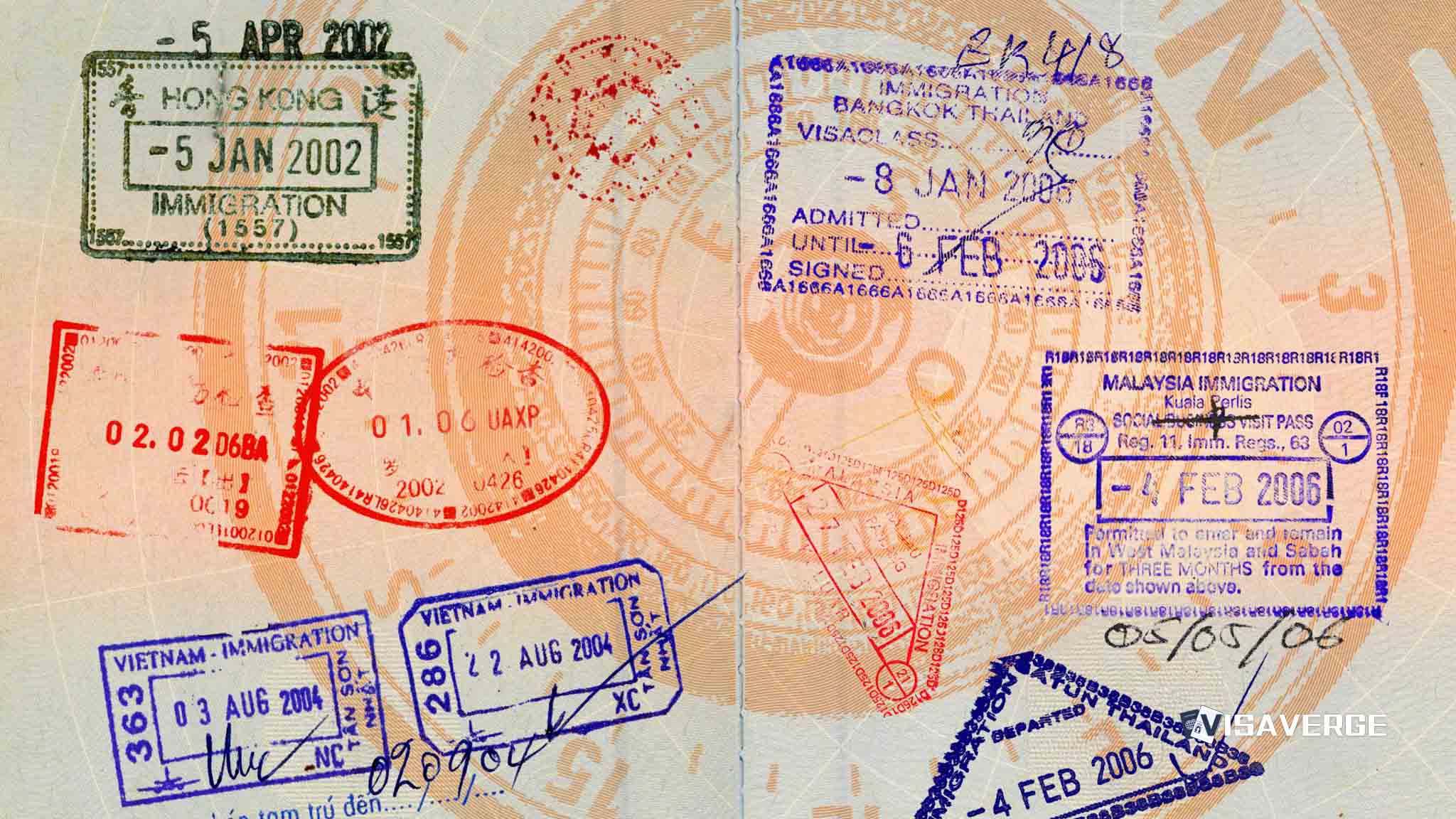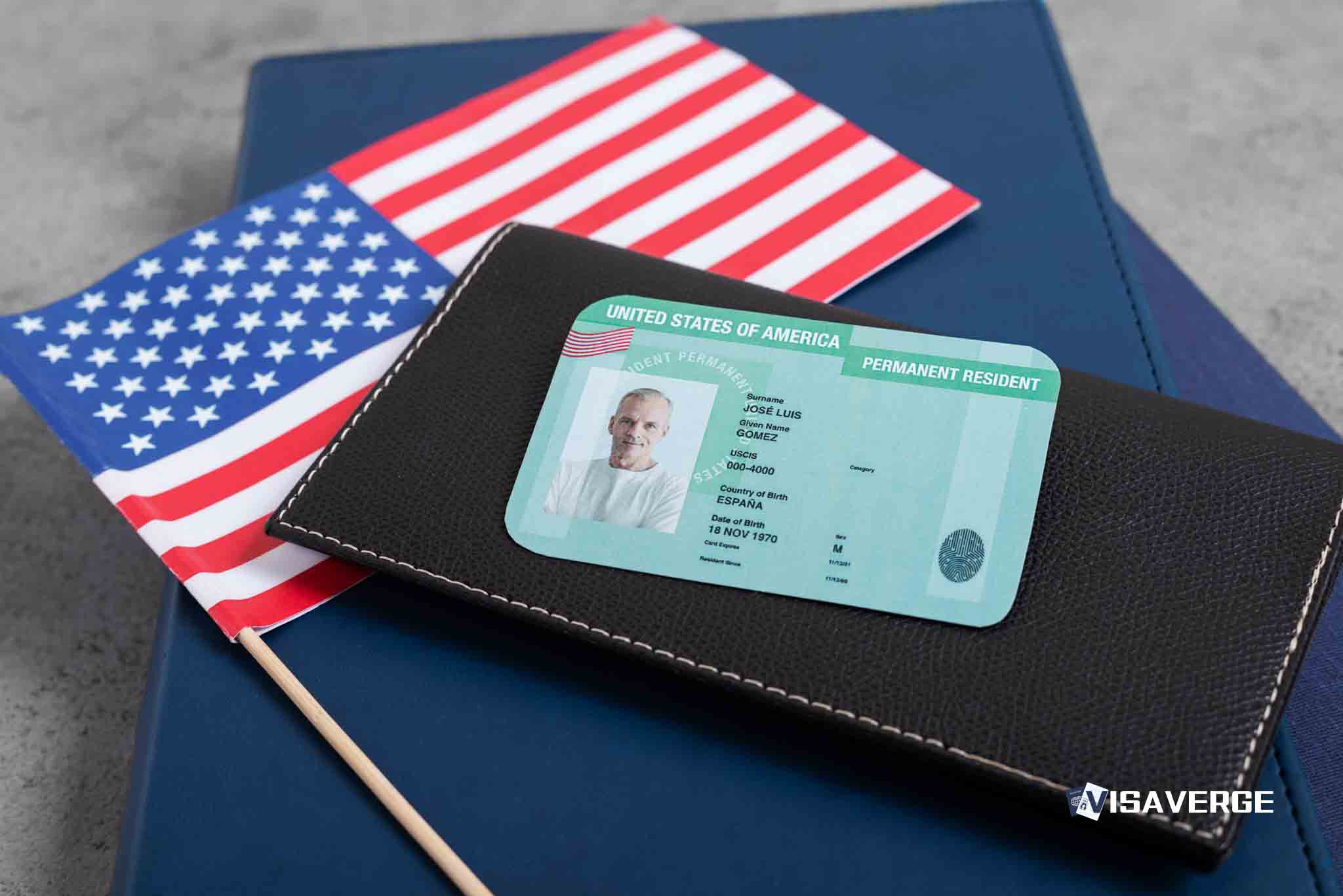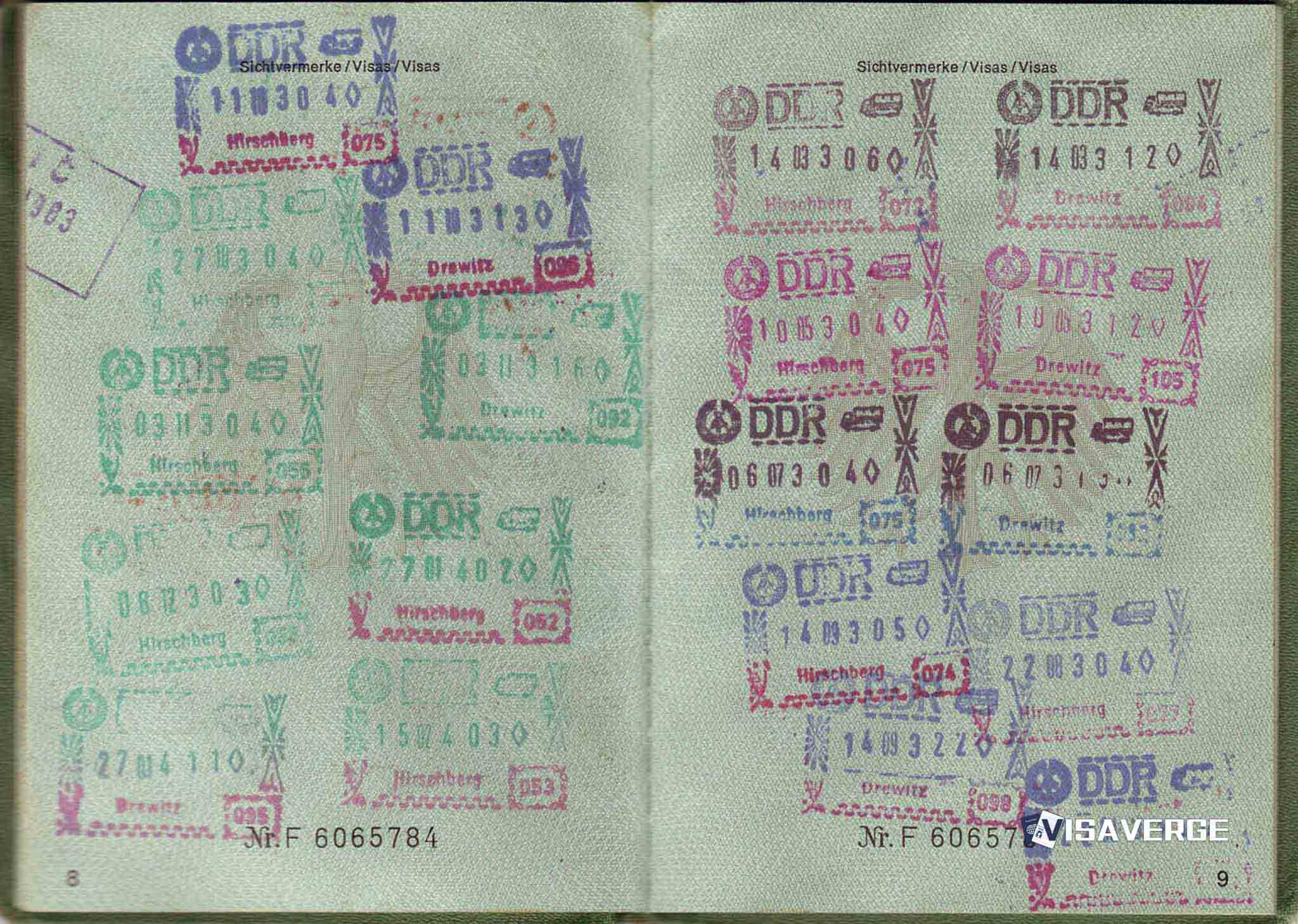Understanding the Implications of Employer Restructuring on Your I-140 Petition
Navigating the complexities of U.S. immigration can be challenging, especially when changes occur within your sponsoring employer’s structure. If you’re in the midst of an employment-based immigration process, you might wonder, “What happens to my I-140 if my employer undergoes restructuring?” In this post, we’ll explore the immigration implications of such situations.
What is I-140 and Why Does It Matter?
The I-140, Immigrant Petition for Alien Worker, is a crucial part of the employment-based green card process. This form is submitted by your employer to U.S. Citizenship and Immigration Services (USCIS) as a request to hire a foreign worker permanently. It’s a significant step in confirming that there is a legitimate job offer and that the employer intends to employ you once you obtain lawful permanent residency.
Employer Restructuring and Your I-140
Employer restructuring can come in many forms—mergers, acquisitions, or other organizational changes. These shifts can potentially impact the validity of your I-140 petition. Here’s what you need to know:
Employer Changes After Filing I-140 but Before Approval
If your employer undergoes restructuring after your I-140 has been filed but before it’s approved, the new organization is required to demonstrate that it has taken over the interests and obligations of the original company. This means they must show USCIS that the job offer remains valid despite the restructuring.

Employer Changes After I-140 Approval
When a restructuring event happens after your I-140 has been approved but before you obtain a green card, the situation becomes more complex. In cases where the successor-in-interest has taken over, they may need to submit legal documents to USCIS confirming the transfer of assets, liabilities, and the responsibility for your employment.
“Whenever there’s a significant change in the legal name, ownership, or structure of an organization, USCIS must be informed so they can determine the impact on pending or approved petitions,” explains a spokesperson for USCIS.
Steps to Take in the Event of Employer Restructuring
- Notify Your Attorney: As soon as you’re aware of potential changes, get in touch with your immigration attorney. They can guide you on the next steps to take and the implications for your immigration status.
- Communication Is Key: Stay informed by maintaining open communication lines with your employer’s HR department or legal team regarding the transition.
- Prepare Documentation: Collect all relevant legal documents associated with the restructuring, such as merger agreements or new company formation documents.
- Assessment of Successor-in-Interest: Determine if the new entity qualifies as a successor-in-interest. If so, they’ll need to prove the ability and willingness to honor the original I-140 petition.
Final Thoughts on Immigration Implications
Employment-based immigration requires both you and your employer to adhere to strict regulations. Employer restructuring, while potentially unsettling, does not automatically spell doom for your I-140 petition. With the proper handling and expert advice, you can navigate these changes successfully.
For more detailed information and guidance, visit the official USCIS website or consult with an experienced immigration attorney.
Navigating the complexities of these situations calls for a proactive approach and access to skilled legal counsel. Remember, changes within a company do not mean the end of your American dream. With careful management and adherence to immigration laws, your journey towards permanent residency can continue unabated.
So, there you have it! Understanding the implications of employer restructuring on your I-140 petition is no walk in the park, but with the right guidance, you can conquer this hurdle like a tech genius fixing a bug. If you’re hungry for more information and want to dive deeper into the delightful world of immigration, head on over to visaverge.com. Their expert advice will make you feel like a tech whiz wizard in no time! Go explore and conquer! 🚀🌟
FAQ’s to know:
FAQ 1: What happens to my I-140 if my employer undergoes restructuring?
Answer: If your employer undergoes restructuring after your I-140 has been filed but before it’s approved, the new organization must demonstrate to the USCIS that it has taken over the job offer and obligations of the original company. However, if the restructuring occurs after your I-140 has been approved but before obtaining a green card, the situation becomes more complex. In such cases, the successor-in-interest may need to submit legal documents to the USCIS confirming the transfer of assets, liabilities, and responsibility for your employment.
FAQ 2: What is the I-140 and why is it important?
Answer: The I-140, or Immigrant Petition for Alien Worker, is a crucial part of the employment-based green card process in the United States. It is a form submitted by the employer to the USCIS to request permanent employment for a foreign worker. The I-140 confirms a legitimate job offer and the intention of the employer to employ the worker once they obtain lawful permanent residency.
FAQ 3: What steps should I take if my employer undergoes restructuring?
Answer: If your employer undergoes restructuring, it is important to take the following steps:
1. Notify your immigration attorney about the potential changes as soon as possible.
2. Maintain open communication with your employer’s HR department or legal team regarding the transition.
3. Gather all relevant legal documents associated with the restructuring, such as merger agreements or new company formation documents.
4. Assess if the new entity qualifies as a successor-in-interest and if so, ensure they can prove their ability and willingness to honor the original I-140 petition.
Remember, proactively managing these situations and seeking expert legal advice can help navigate the complexities of employer restructuring and ensure that your immigration journey continues smoothly.
What did you learn? Answer below to know:
- True or False: Employer restructuring can impact the validity of your I-140 petition.
- What is the purpose of the I-140 petition in the employment-based green card process?
- What steps should you take in the event of employer restructuring affecting your I-140 petition? (Short Answer)








